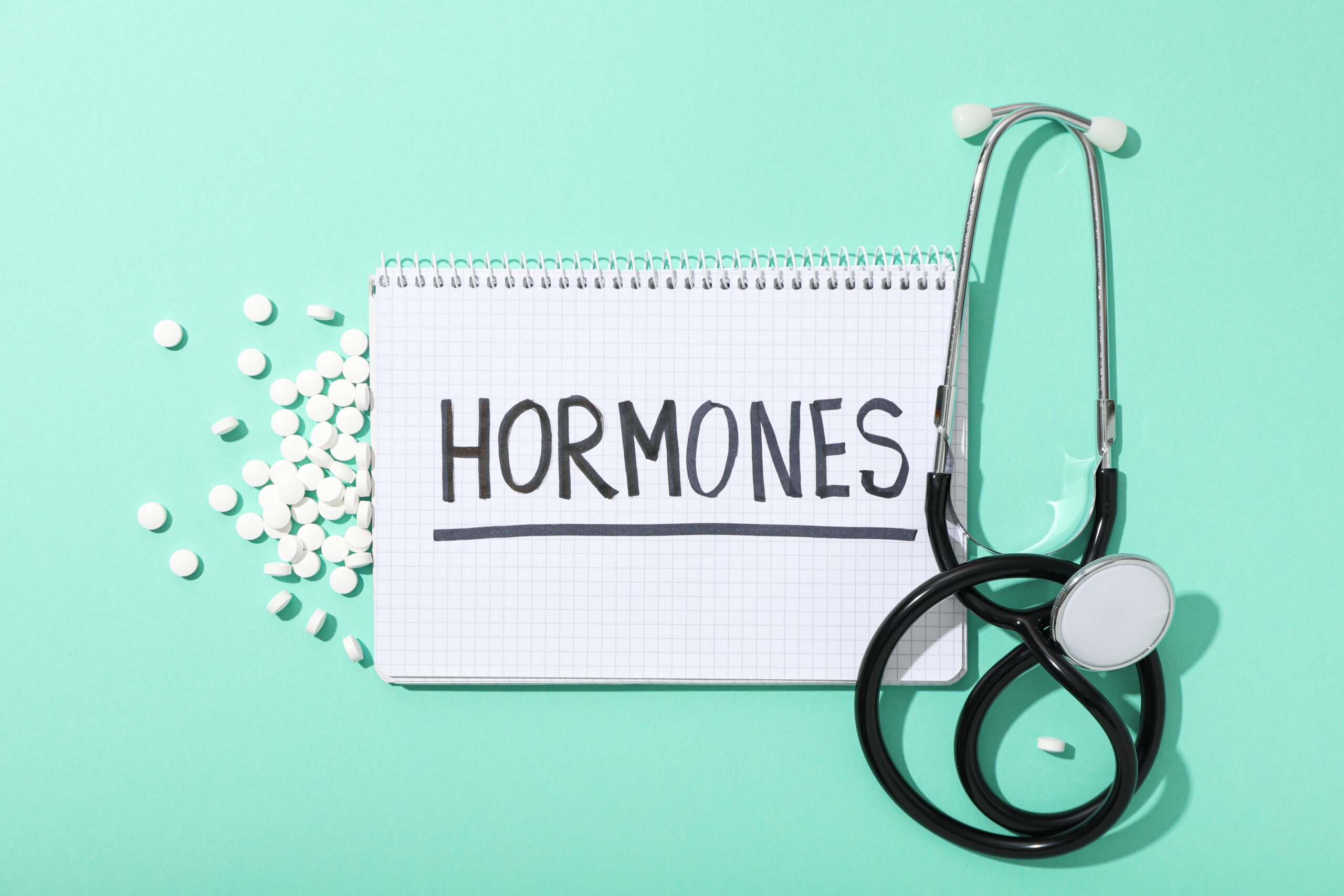While undergoing infertility treatment, one primarily thinks of the treatment (medications, doctors’ visits, and procedures). That said, maintaining good health throughout this time, including getting enough sleep is one of the most significant contributors to your overall wellbeing. Sleep during IVF serves as a time for your body to rest, repair, regulate and restore. Sleep quality and fertility are closely linked where sufficient sleep helps your body function optimally when you are attempting conception.
The Role of Sleep During IVF
Sleep is a significant contributor to every aspect of a person’s overall health, especially fertility. While fertility treatments such as IVF and IUI focus on helping you conceive, your body still relies on natural rhythms to perform at its best. Hormonal balance, immune function, and emotional well-being are influenced by the quality and duration of your sleep, hence sleep quality and fertility are linked.
The 2024 review article concluded that insufficient quality and quantity of sleep, insomnia, and disrupted circadian rhythms directly correlate with increased risk of negative outcomes during the use of fertility medications, such as decreased number of eggs at mature oocyte retrieval, decreased quality of the embryos, and decreased fertilization rate.
Obstructive sleep apnea (OSA) is also more prevalent in women with fertility issues, especially those with polycystic ovary syndrome (PCOS), and may negatively impact reproductive outcomes.
How Sleep Influences Reproductive Health
Insufficient sleep affects hormone levels, which can have an impact on fertility. Hormones, such as estrogen and progesterone, may play an important part in regulating ovulation, embryo implantation, and sperm production in men. According to a research study published in the journal Fertility and Sterility, women who received between 7-8 hours of sleep per night had a greater number of successful pregnancies after undergoing in vitro fertilization (IVF) than women who received fewer than 6 or more than 9 hours.
Reasons to get a fuller Sleep
A general guideline for adult sleep is 7-8 eight hours of sleep per night, but this amount can vary by person. When you are undergoing fertility treatment, you should try to sleep on the high end of this length of time. Here’s why you should do so:
Hormonal balance: Because hormones such as follicle-stimulating hormone (FSH), luteinizing hormone (LH) & melatonin and fertility are closely linked, getting enough sleep can be helpful for balancing them. These hormones are essential for ovulating and developing viable embryos.
Stress management: Undergoing fertility treatment can be a stressful experience, and while sleep problems during IVF are common, ensuring sufficient sleep provides you with the ability to recover from the stress, thus helping you improve your mental and emotional health.
Physical recovery: Fertility treatments such as IVF often require extensive physical exertion. Getting enough sleep allows your body time to heal from these physical demands and, therefore, helps to support you in developing an improved immune system and best overall recovery.
Conclusion
In addition to getting enough sleep during IVF, you also need to make sure that the sleep you are getting is quality. Sleep problems in IVF are common, especially when you’re feeling pressure from the demands of fertility treatments. If you are having trouble sleeping, talk with your healthcare provider about possible ideas or resources that could help improve your sleep habits; for instance, cognitive behavioural therapy for insomnia (CBT-I) is a non-pharmaceutical method to improve sleeping habits.
Sleep will play a major role in your fertility journey. As you would follow treatment plans diligently, the same can be said for resting adequately before beginning your fertility journey; this will not only help improve your odds but will also have a positive influence on your emotional and physical health along this journey.
FAQs:
- Can sleep really affect my fertility treatment outcomes?
Yes, research shows that poor sleep can disrupt hormone levels, reduce the body’s ability to handle stress, and affect reproductive health. Getting enough sleep helps regulate important hormones, which play a role in successful conception and pregnancy. In PCOS patients with Obstructive sleep apnea, weight management and therapies such as Continuous Positive Airway Pressure (CPAP) are recommended for improving sleep quality and thus reducing reproductive and cardiovascular risks. - What happens if I don’t get enough sleep during treatment?
Inadequate sleep may lead to imbalances in reproductive hormones and increase stress levels, both of which could impact the success of fertility treatments like IVF or IUI. It’s important to prioritize sleep as part of your self-care during this process. - What can I do if stress from fertility treatment is affecting my sleep?
It’s natural to feel stressed during fertility treatment, but there are ways to manage it. Incorporating relaxation techniques, such as meditation or deep breathing exercises, can help you unwind and improve your sleep quality. - Should I take sleeping pills if I can’t sleep well?
It’s best to consult your doctor before using any sleep aids, especially during fertility treatment. Some medications can interfere with your treatment plan, so exploring non-medical sleep strategies like mindfulness, a consistent routine, or therapy may be more beneficial.





